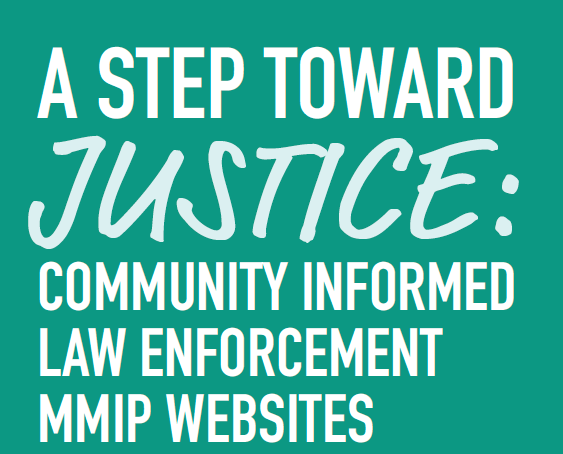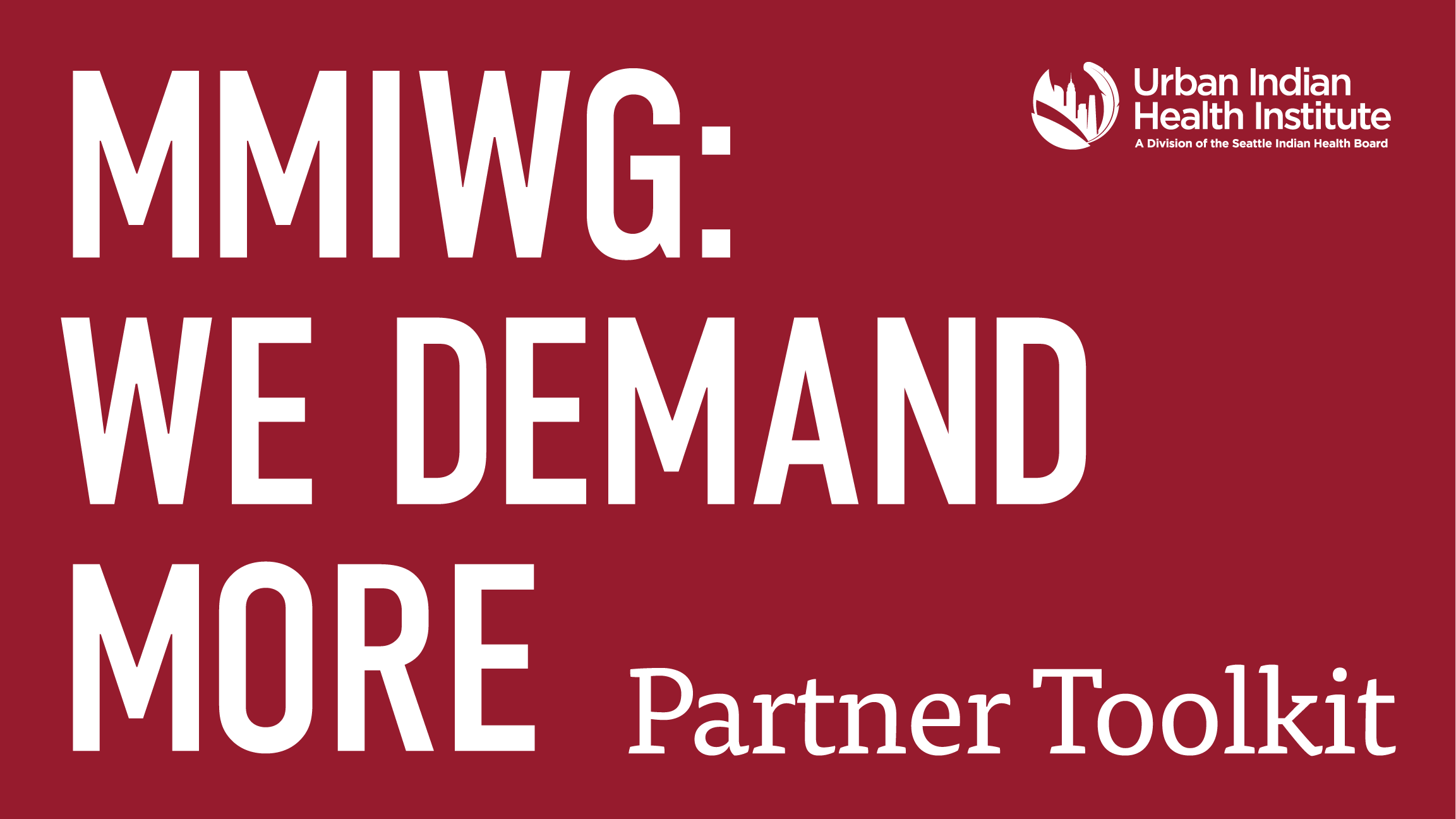Our Bodies, Our Stories is a series of reports that details the scope of violence against Native women and people across the nation. The report that started this project highlighted data relating to sexual violence against Native women in an urban setting—Seattle, Washington.
Since the commencement of Our Bodies, Our Stories, we have introduced multiple reports on violence against our communities and ways that violence can be addressed including calls to decision makers to take action.
This is a project initiated by UIHI. The report Missing and Murdered Indigenous Women & Girls was partially funded by the Indian Health Service Division of Epidemiology and Disease Prevention, grant # HHS-2016-IHS-EPI0001. Due to a lack of funding for the Our Bodies, Our Stories report, fees from Abigail Echo-Hawk’s many speaking engagements were used.
Background
Violence against Native women: A public health emergency
The risk of rape or sexual assault is 2.5 times higher for Native women than the rest of the country. Murder is the third leading cause of death for Native women. These numbers likely underestimate the true extent of violence due to systematic racism, underreporting, misclassification, and ongoing distrust of law enforcement. Despite this ongoing crisis, very little is known about the victimization of Native women living in urban settings, and UIHI is ensuring that they are no longer seen as invisible in life, in the media, and in the data.
“We have always known that violence against Native women was an issue, but people refused to acknowledge it. We are showing that data is going to be important to bring change and that more research is urgently needed to protect our women and girls.”
Abigail Echo-Hawk, Director of Urban Indian Health Institute
Key Statistics
Sexual violence statistics from survey of 148 Native women in Seattle, Washington
94%
had been raped or coerced in their lifetime.
42%
of victims of rape or coercion attempted suicide in their lifetime.
34%
binge drank on a weekly or daily basis after they were initially attacked.
Only 8%
of cases of a rape victim’s first attack ended in a conviction.
86%
reported being affected by historical trauma.
53%
lacked permanent housing.
MMIWG statistics from a survey of 71 cities across the United States
506
MMIWG cases were identified across 71 selected urban cities.
128
were cases of missing Indigenous women.
280
were cases of murdered Indigenous women.
98
were cases with an “unknown status.”
29
was the median age of MMIWG victims.
153
cases were identified that did not exist in law enforcement records.
Featured Reports
Our Bodies, Our Stories
Media
We are seeing more action being taken every day to address this issue since the release of UIHI’s report. There have been numerous state and federal bills either drafted, introduced, or passed to address various issues related to the MMIWG crisis, whether policing or data.
Since the release of these reports, there has been more than 1,000 articles that either highlight the reports or reference them. Through the news media and social media, we have been able to reach millions of people worldwide.
Coverage


